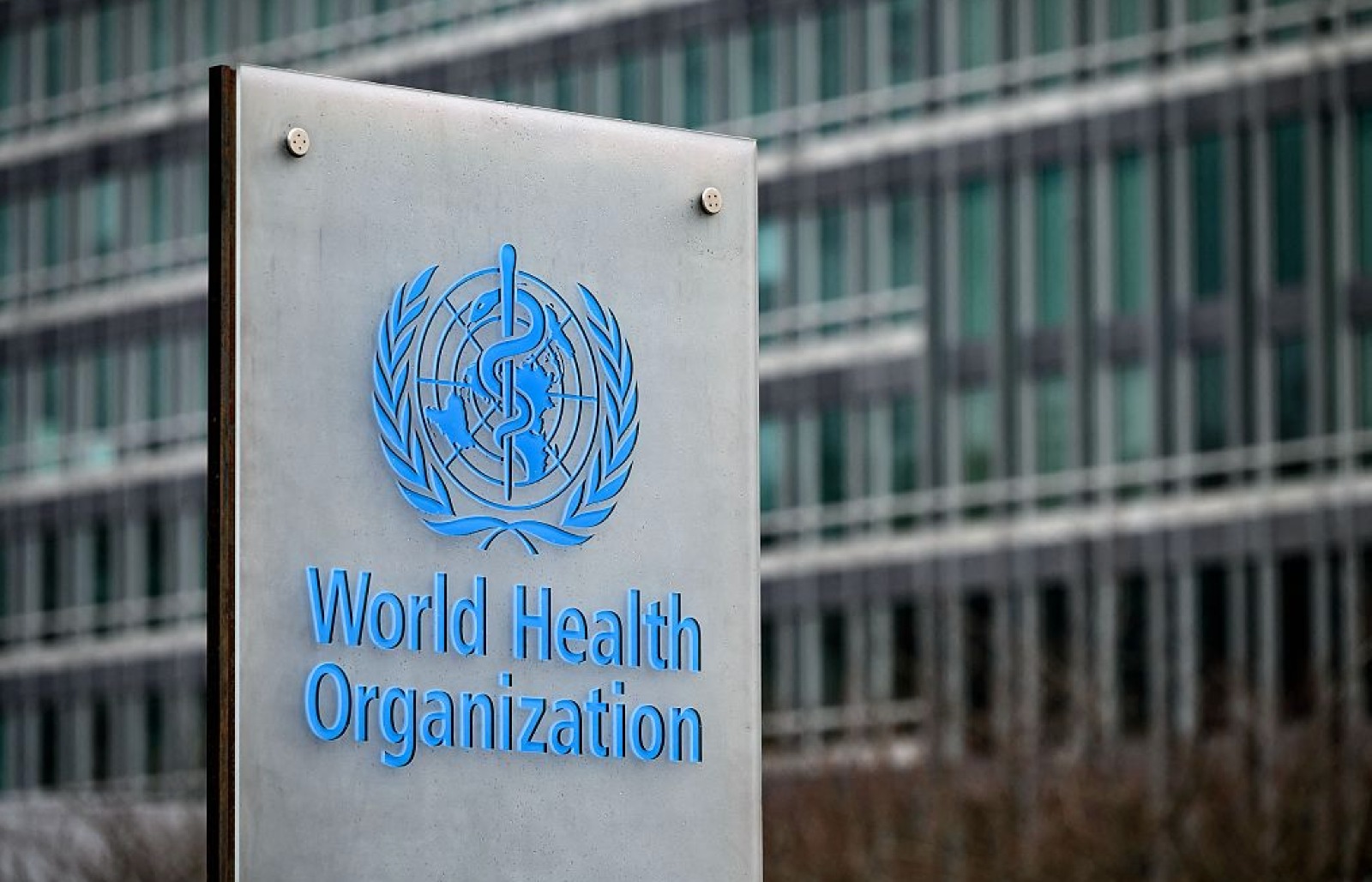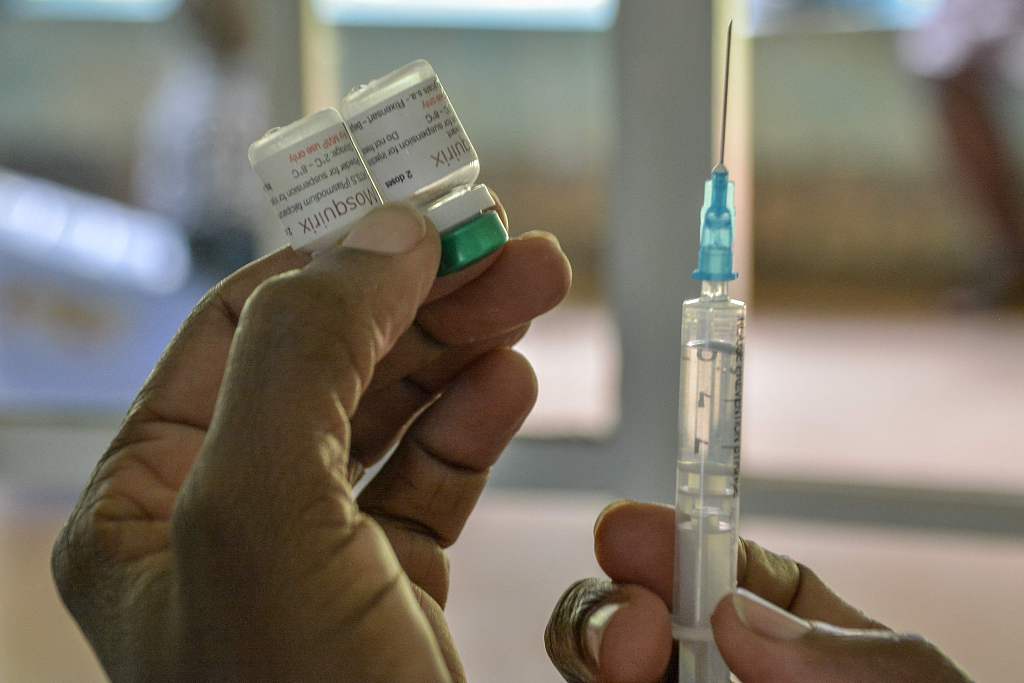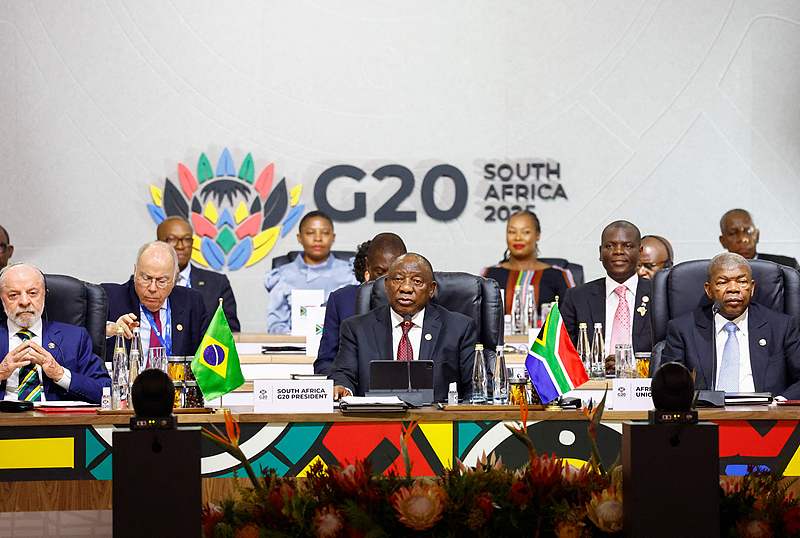
African health ministers sign anti-malaria declaration at WHO summit
Health ministers gathered in Cameroon this week for a ministerial meeting convened by the World Health Organization. The ministers, drawn from Ghana, DRCongo, Uganda, Tanzania, Mali, Mozambique, and other African nations heavily impacted by malaria signed a declaration to end malaria deaths on the continent.
In a statement posted on X, WHO chief Tedros Adhanom Ghebreyesus welcomed the commitment to end malaria deaths saying, “The world has made significant progress in recent decades and yet, since 2017, that progress has stalled.”
He added that with political leadership, country ownership, and the commitment of a broad coalition of partners, this narrative could change for families and communities across Africa.
According to the World Health Organization, Africa accounts for 95 percent of malaria deaths globally. Despite this high number, progress has stalled, particularly in the 11 countries shouldering the highest burden.

The body blames this on humanitarian crises, poor access to health services, climate change, gender inequality, drug resistance, and global economic crises.
The declaration, if successfully implemented, will see the health ministers ensure support for national malaria programs and other health programs such as maternal, child, and adolescent health.
“We further pledge to leverage the commitment of our heads of state, as well as the commitment of administrative, traditional, religious authorities and community leaders to increase the efficiency of our health programs, ” the declaration denotes.
The ministers also pledged to address the funding problem by bolstering domestic resources for the malaria response and, with the support of legislatures and ministers of finance.
At the same time, the ministers appealed to the international community to scale up financial assistance to align with national malaria policies and priorities.
The ministers further committed to ensuring a functional malaria accountability mechanism is set up, building collaborative partnerships for resource mobilization, strengthening national health systems, enhancing multisectoral action, and ensuring the strategic use of information for action.






